Filter on
human behavior research categories

How to build a consumer behavior research lab?
In order to get off to a good start, it is best to describe the research or tests that are going to be performed in detail.

Five studies showing the power of multi-modal data in behavioral research
The advantages of using multimodal data over a single modality are that it reveals deeper insights and also if one modality fails there can be enough redundancy in the data to still make sense of it.

Predicting behavior from non-verbal communication
Suppose a darts player is ready to throw a dart while showing a smile on his face. Would he hit the attempted number of points as opposed to missing the shot if he looked grumpy? Research has been done to figure this out.

Parent-child interaction – research in a lab and on-site
Early in life, children are not capable of filling out a complete questionnaire or talking to an interviewer.
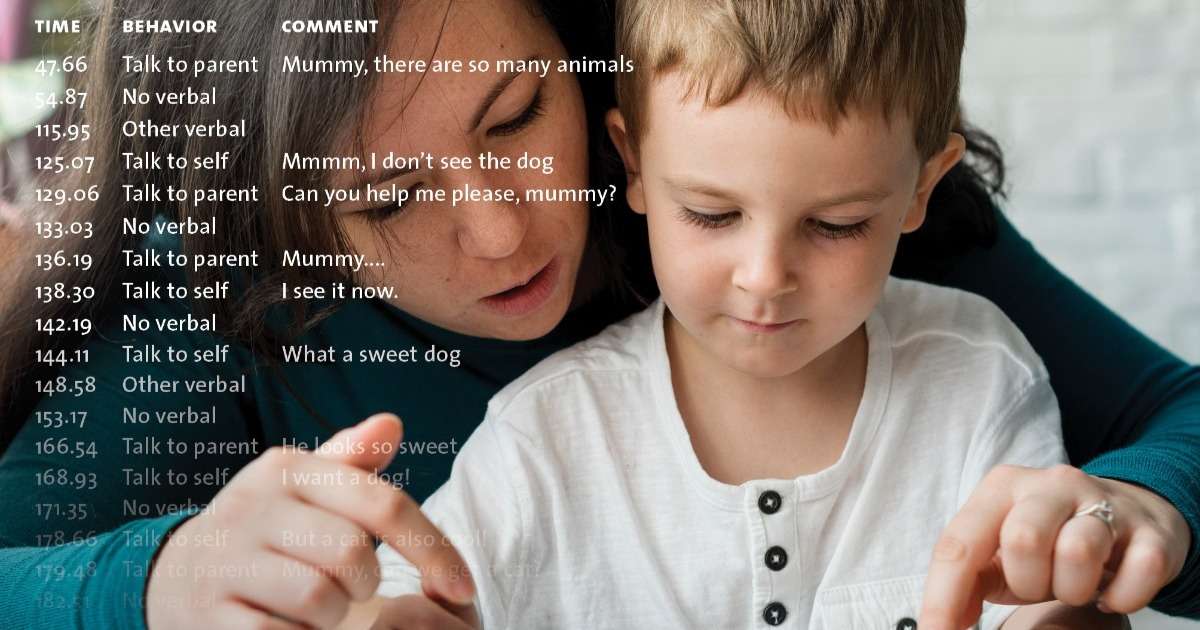
7 tips to make coding behavioral data more fun
Coding behavioral data helps to understand what your data represents. But let's face it, it isn't much fun to do and it takes a lot of time. Here are 7 tips to make the coding process more effective.

How to collect high quality data in an observation lab
Controlled conditions and accurate data recording are key in scientific success. A stationary observation lab provides these controlled conditions while allowing scientists to observe test participants unobtrusively.

Anxiety and Autism
The EU-AIMS and AIMS-2-TRIALS projects have carried out some interesting studies teasing out the causes of anxiety in children with autism.

Parent-child interaction in autism: play behavior
Stephanny Freeman and Connie Kasari observed play behavior in an observation lab. They invited parents with their children to their observation lab and coded behavior in great detail.

The influence of teachers' motivation behaviors on students' engagement
The presence or absence of engagement determines the difference between success and failure. Does motivating teaching behavior keep students' focused and engaged?

The influence of ad-evoked emotions on brand attitudes
Can brand authenticity generate positive emotions among consumers and turn into a positive brand attitude?
Filter on
animal behavior research categories
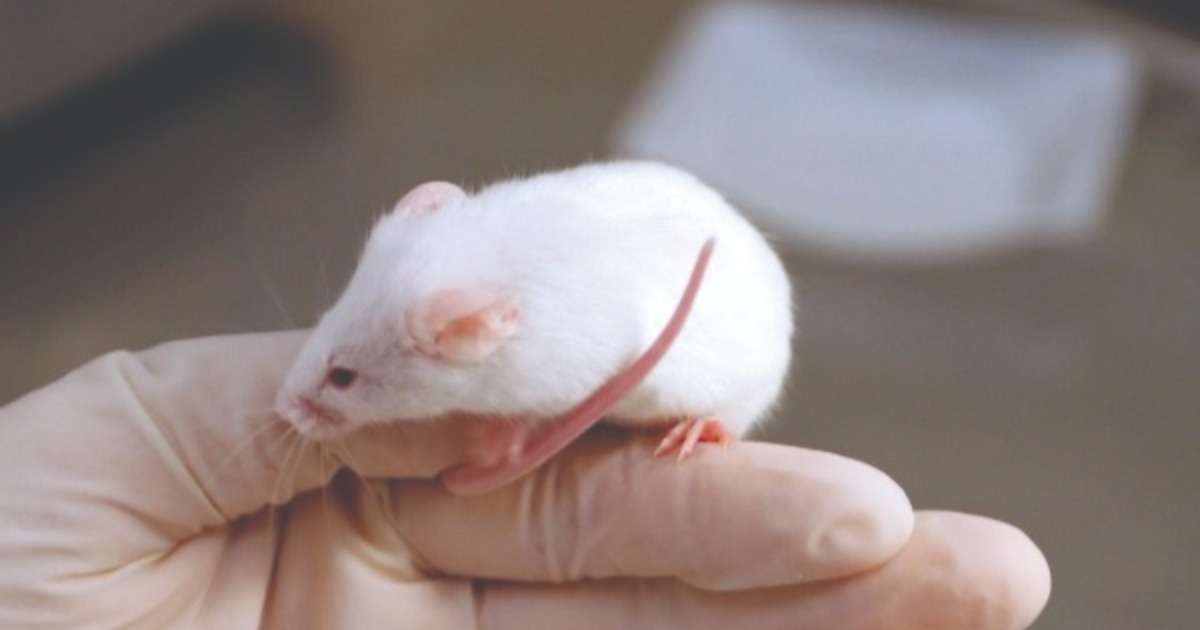
Furthering behavioral studies for understanding microbiota-brain insights
How and to what extend do microbes in the gut affect the brain and behavior? Discover how they do this kind of research at UCLA.
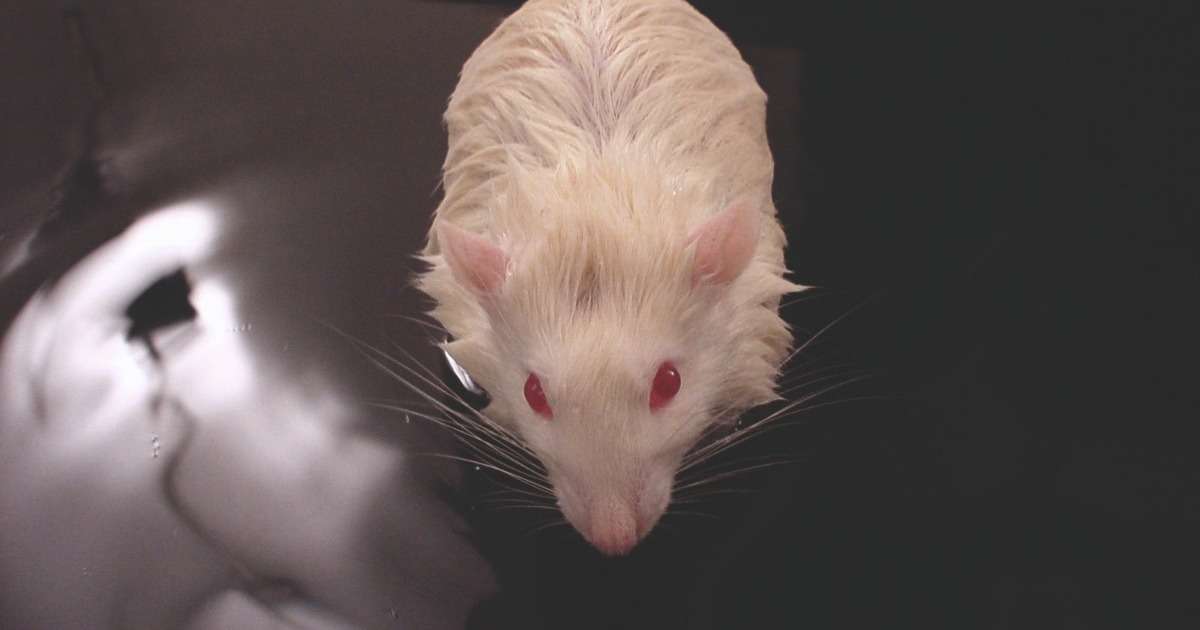
EthoVision XT and the Morris Water Maze: expert tips and tricks
Neuroscientist Colleen McSweeney, Ph.D. shares her expert knowledge on using EthoVision XT and the Morris Water Maze.
From a brief history to valuable tips and tricks, here is all you need to know on automated tracking.

5 proven ways to measure spatial learning in rodents
What is spatial learning, why is it important and how do we measure it? Here we dive into 5 different behavioral tests that specifically measure spatial learning and memory in rodents.
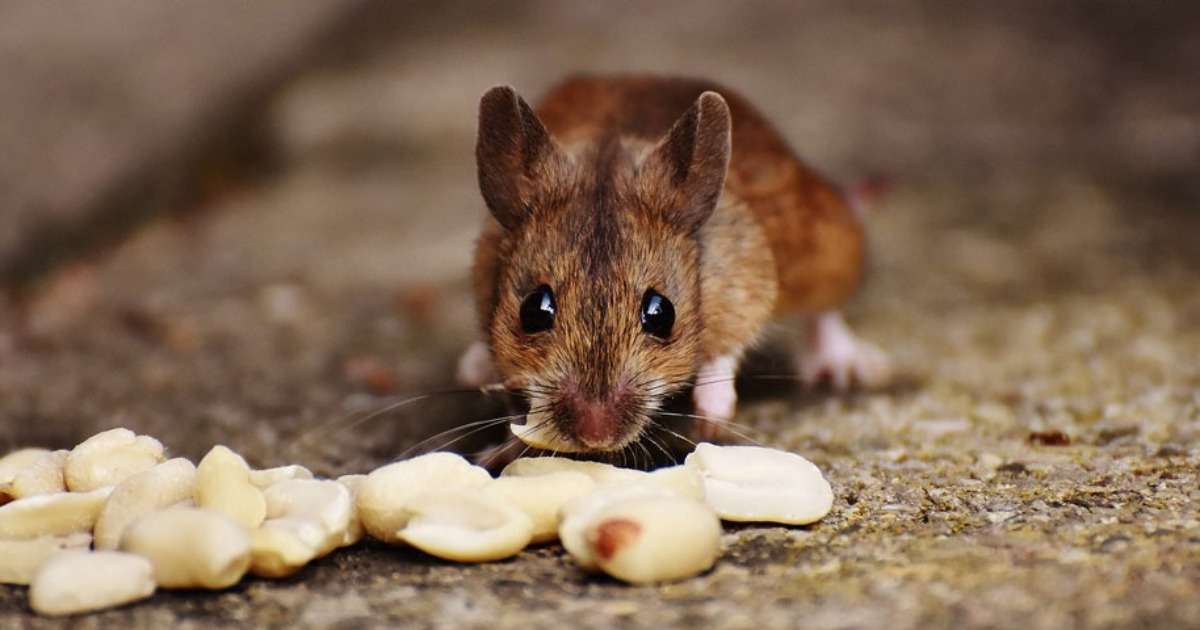
Mimicking human decision-making in a mouse model
Choosing the appropriate behavioral test can be a challenge, but is very important. And sometimes, researchers will have to develop their own.

Robust and reliable: Measuring anxiety in the Elevated plus maze
Screening of anxiety-like behavior in the elevated plus maze becomes more reliable with Ethovision XT combined with the standardization of testing parameters and common practices.

How we turned our office into a living lab with a green roof
Green roofs are becoming more and more popular around the world. These living roofs transform buildings into ecological systems that benefits its surrounding environment.
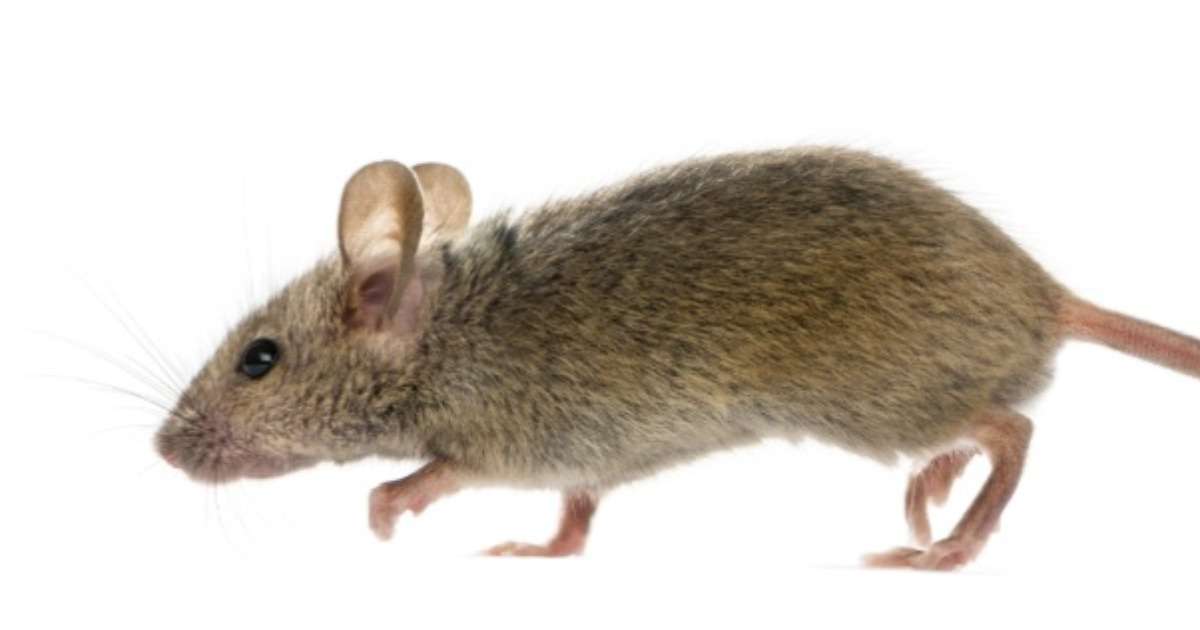
Mice walking again after a complete spinal cord crush
Researchers from the University of Bochum achieved significant scientific results by making mice walk again after a complete spinal cord crush! Read more about it in this blog post.

Screening plants for resistance to insect pests
EntoLab is a computerized system for automated screening of plants for resistance to sucking insects. It can accurately screen many different plant lines in a high-throughput manner.
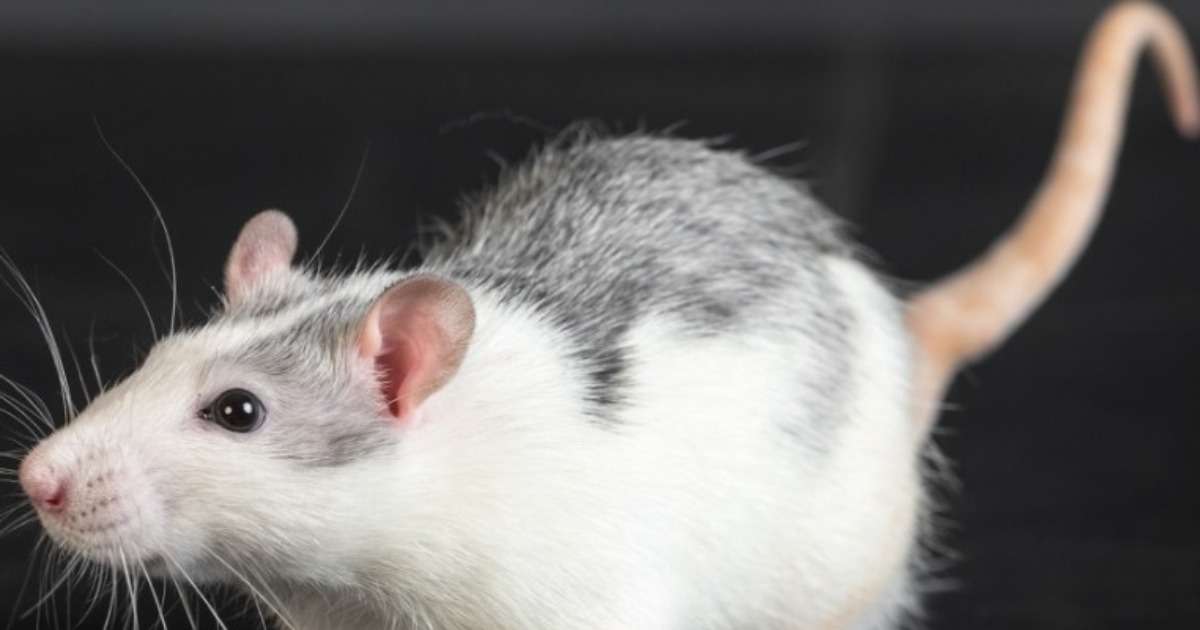
Vestibulopathy: movement and balance issues investigated in rats
It is hard to diagnose vestibulopathy, so a rat model was developed to study the progress of symptoms, from day one to day 30 after ear injury. Results can improve future human diagnosis and therapy options.
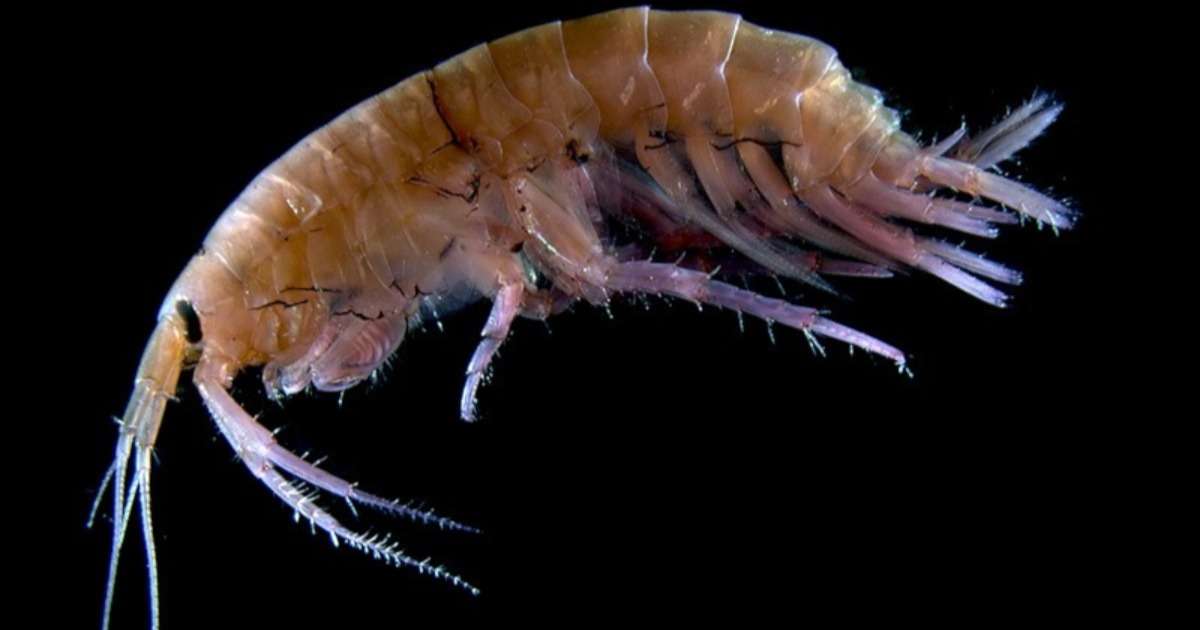
Nearly impossible to video track: small shrimp
Gammarus shrimps are exceptionally difficult to track, but Noldus solved the puzzle, resulting in interesting insights into its ecology.
